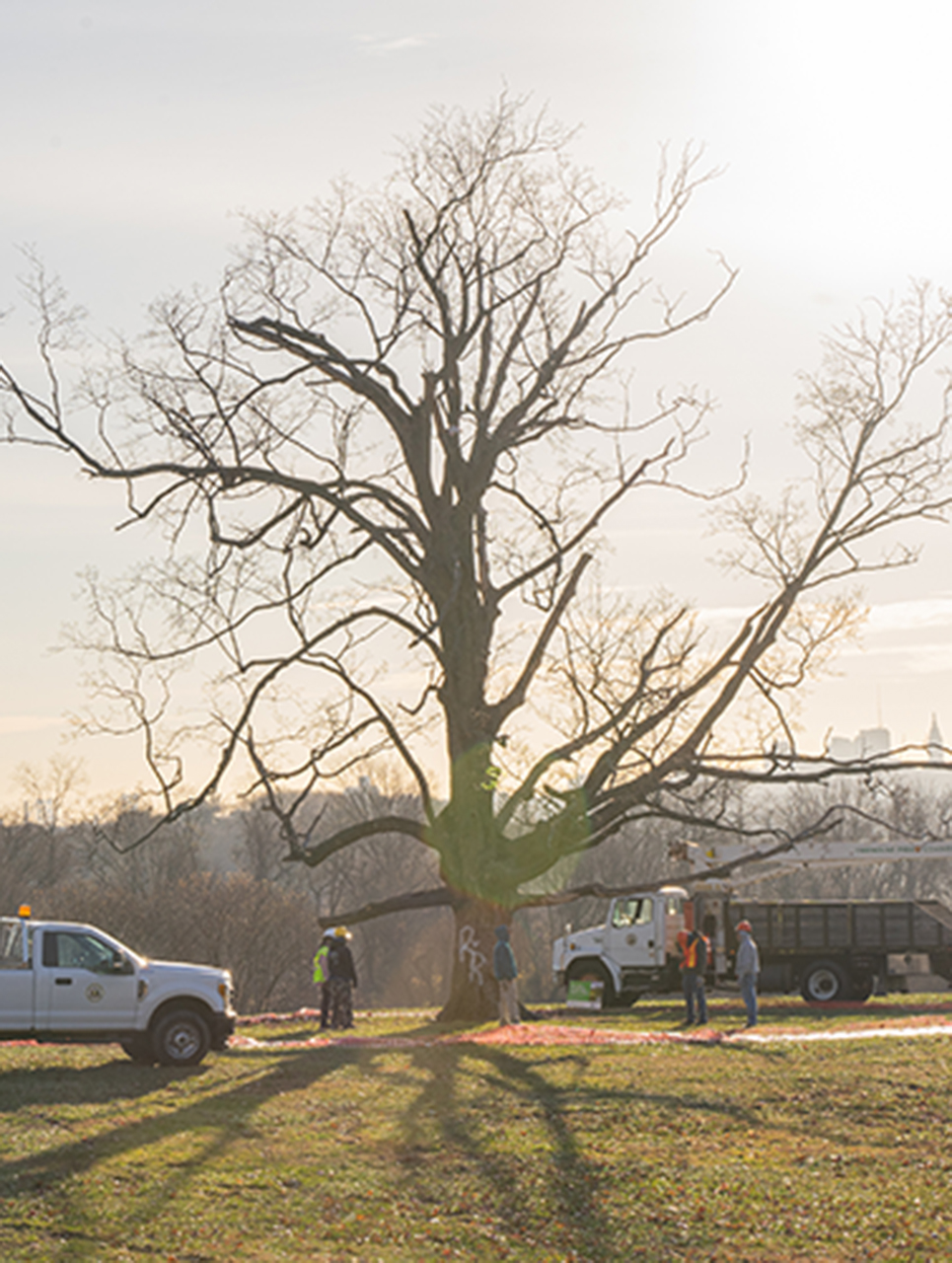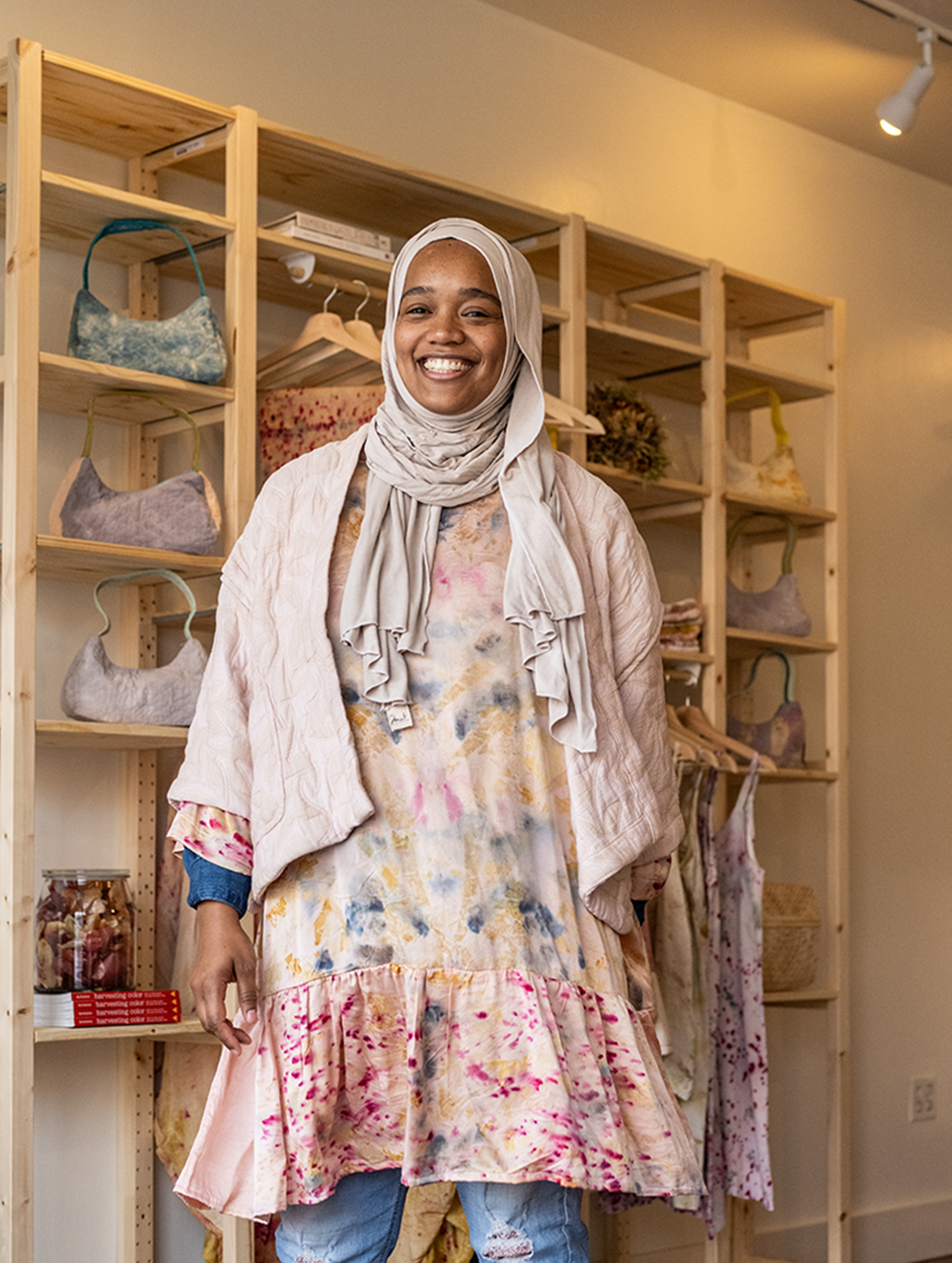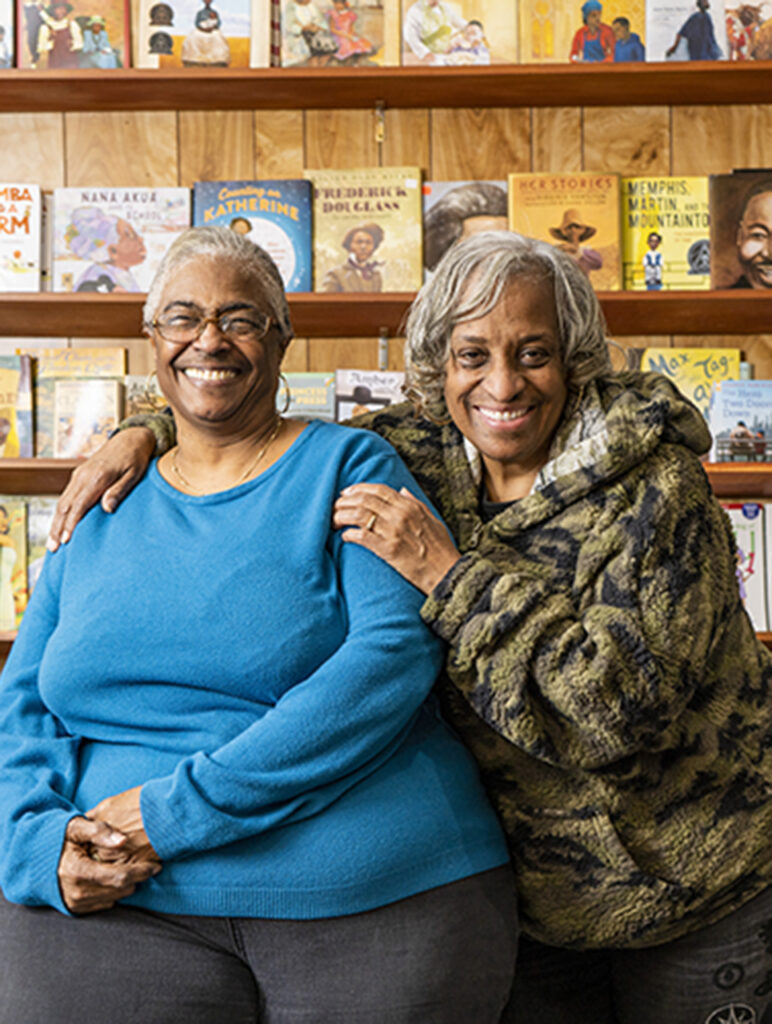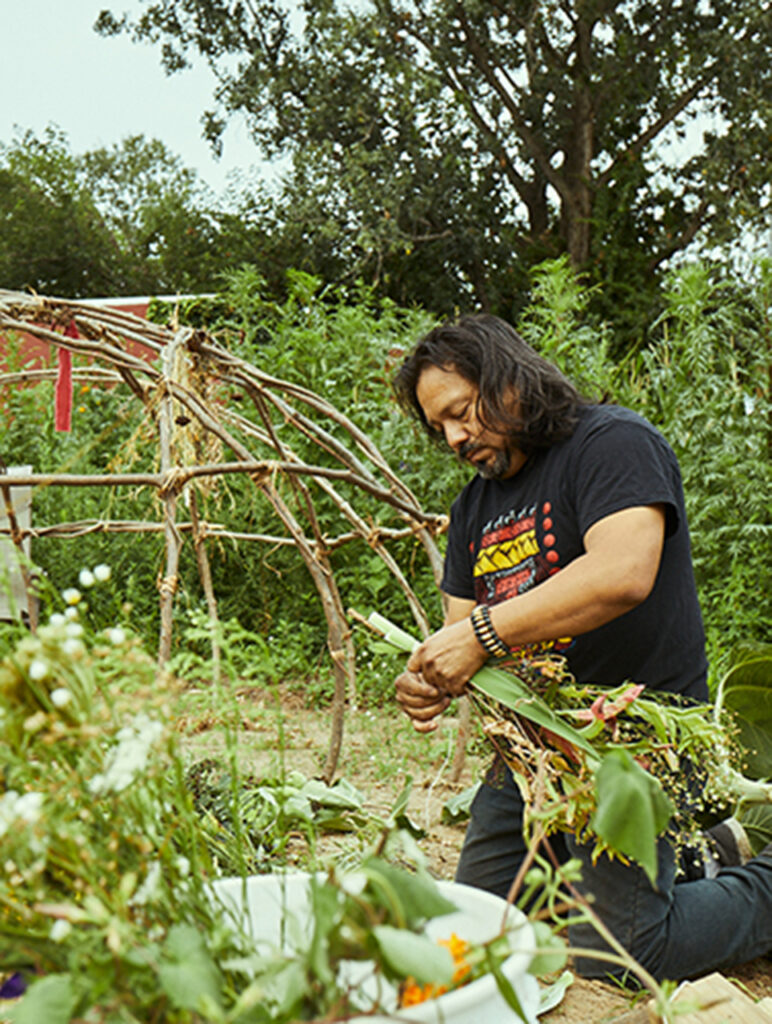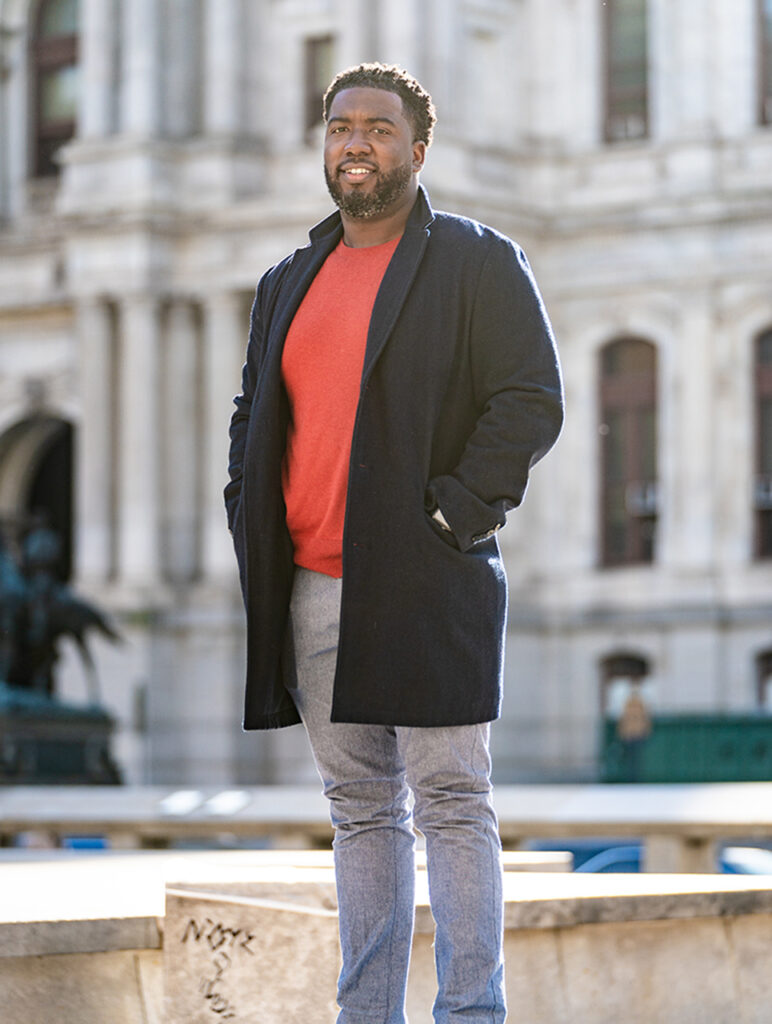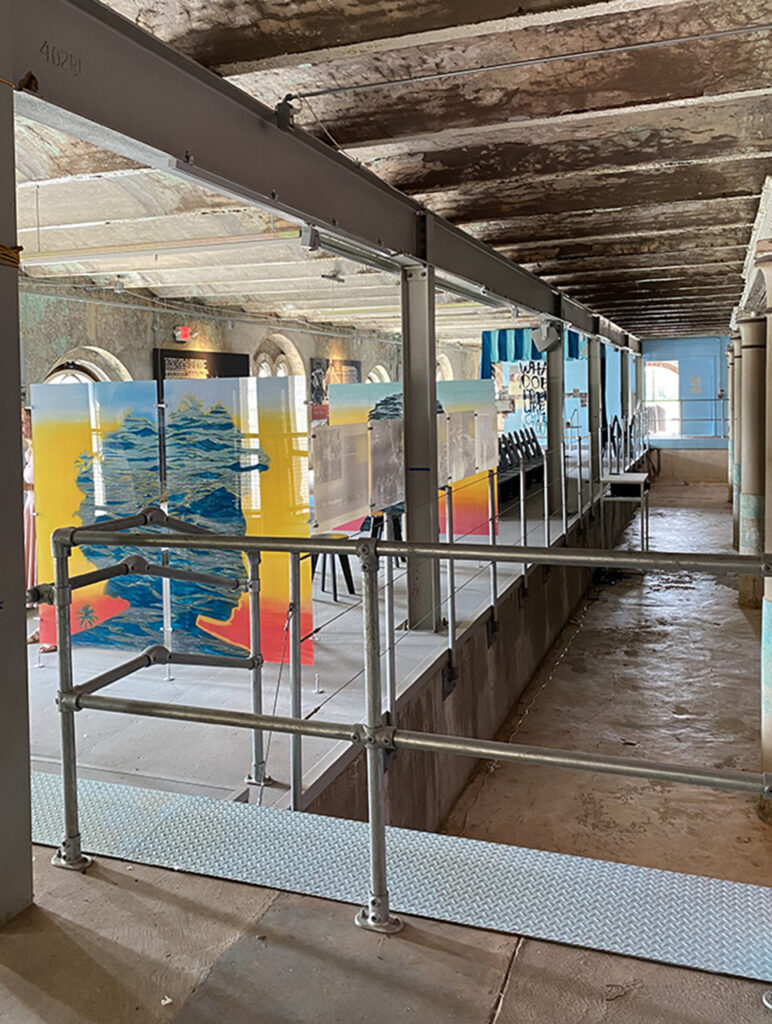
There’s nothing like a great bookstore. At their best, they can provide both a mirror to who we are and expand the possibilities of who we can be. They are the hubs of the dreamers and visionaries. I share in the disappointment of many Philadelphians that Joseph Fox Bookshop will be closing after 71 years in business. You just can’t replace that.
It seems a perfect antidote to bookstore melancholy to read Constance Garcia-Barrio’s cover story on the Black-owned shops that we are so fortunate to have, and it serves as a reminder to support the businesses we want to succeed.
If you find yourself feeling confused or frustrated while reading this month’s story written by Nic Esposito about the César Andreu Iglesias Garden Community’s fight for survival, it’s not Nic’s fault. Unfortunately, it is a confusing and frustrating situation.
First, let’s talk about why community gardens are so important.
Usually they begin as abandoned lots. Neighbors, often with limited resources, band together and turn something that is a liability into an asset.
Studies have shown that greening lots reduces gun violence by as much as 30%, reduces people’s fear of going outside by 58% and increases use of outside space by 76%.
Simply by making land more accessible and beautiful, the number of people outside increases, which makes the streets safer.
Community gardens are a boon for public health. By providing fresh and wholesome food, they help address obesity and its associated maladies, such as diabetes. And for the people who garden, it further builds health through physical activity.
Yet some of these oases are now endangered due to a bad deal the city made under the Rendell administration regarding liens that are held on the land. Anne Fadullon, the city’s director of planning and development, says that the city would love to help, but their hands are tied.
In an October 2021 Inquirer article she said, “There hasn’t been the financial wherewithal with all the other budget priorities for the city to find that money.”
How much money? $25 million—less than $10,000 per lot. A little less than Bryce Harper will make this year or about 0.5% of the city’s $5 billion budget.
To be clear, this would not be $25 million worth of real estate solely for community gardens. The city would then own the land and they could sell it. And they could do it judiciously, in a way that would prevent greedy speculation, in turn slowing down gentrification, allowing the preservation and expansion of affordable housing and creating opportunities for green outdoor space. This is what our low-income neighborhoods need.
And it aligns perfectly with budgetary priorities of the city: to reduce gun violence, improve public health, expand access to green space to all neighborhoods—not to mention mitigating the “heat island effect” of climate change that affects so many living in poverty.
Community gardens deserve to be protected. Let’s not let community self-determination and self-reliance get crushed by bureaucratic indifference.
Pay the liens, Mayor Kenney.

Editor-in-Chief
alex@gridphilly.com



